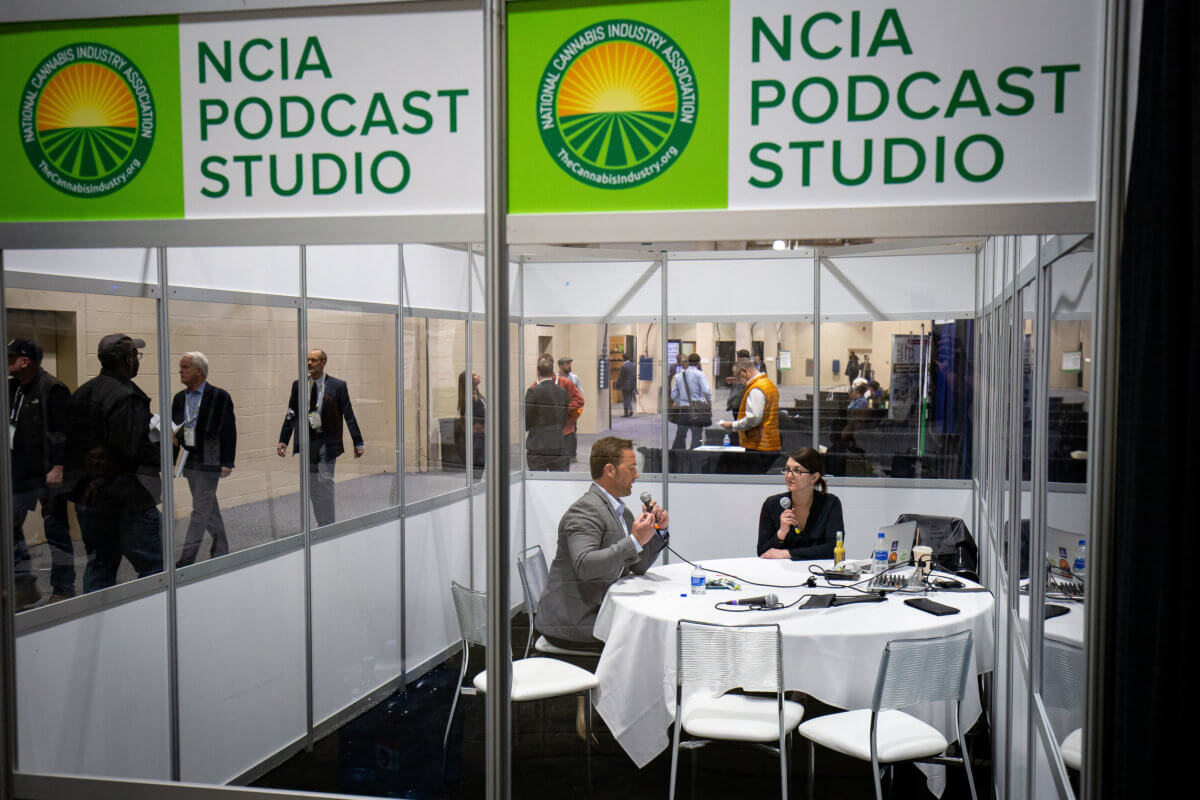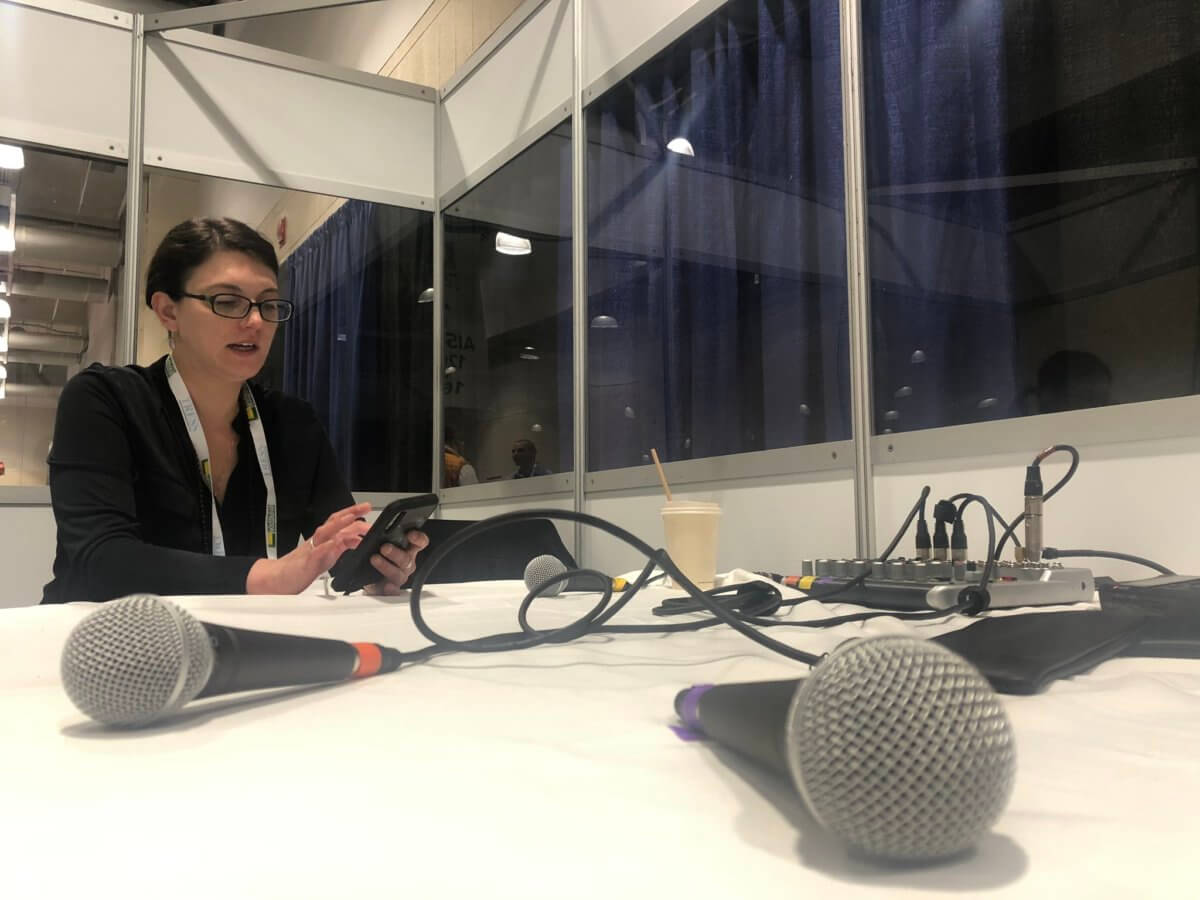Regenerative Cannabis Cultivation

An NCIA Cannabis Cultivation Committee Roundtable
Learn more about regenerative cannabis cultivation with Tina Gordon and Michelle Carter. Bethany hands the microphone over to Jacob Policzer for this conversation on a very special episode of NCIA’s Cannabis Industry Voice. Jacob is with The Cannabis Conservancy and Sun + Earth Certified and is on NCIA’s Cannabis Cultivation Committee.
So what is regenerative agriculture? We’d say that it’s a holistic land management practice that goes beyond organic and focuses on building soil health by improving soil biodiversity and increasing soil organic matter. It also pertains to the human element of farming.
Sun+Earth, in addition to cultivation practices, is a human empowerment component that focuses on workers’ rights as well as community engagement – cultivating community.
Tina Gordon has been a traditional Cannabis farmer for over a decade at Moon Made Farms in Southern Humboldt County. Prior to being an amazing cannabis grower, Tina resided in San Francisco and has worked as a producer, documentary filmmaker, and musician, with an emphasis on underground and alternative subcultures. In all of her creative projects, Tina has endeavored to empower the self-expression of those who are underrepresented or marginalized. She now brings that focus to the traditional Cannabis farming community, with a desire to dignify the efforts of the pioneers who built this historic movement.
Michelle Carter hails from the other side of the country in Asheville, North Carolina, where she co-founded Living Web Farms and spent 8 years honing her organic and regenerative farming practices. Her focus is on bio-nutrient crop production, holistic management, microbial soil analysis, and biodynamic applications. Michelle is also a plant medicine certified instructor with the Appalachian School of Holistic Herbalism and a leader in the international pollinator resilience movement. Recently she has been researching hemp genetics in an effort to find more suitable strains for the Southeast and she is also the co-founder and board member of Circadian Craft Cannabis which will hopefully get a license in Illinois.

 Learn more about Cannabis Jobs During COVID-19 with
Learn more about Cannabis Jobs During COVID-19 with 




Follow NCIA
Newsletter
Facebook
Twitter
LinkedIn
Instagram
News & Resource Topics
–
This Just In
How THCa Vapes Are Changing Consumer
Announcing NCIA’s 2026-2028 Board of Directors